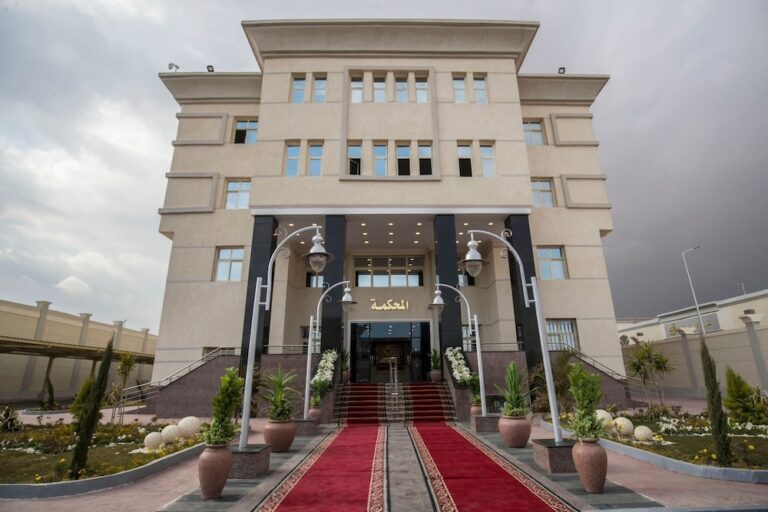In his testimony, Mohamed el-Sawi said that men in plainclothes had forced him into a vehicle and claimed to be working for the police. When el-Sawi asked for their identification, he was blindfolded, handcuffed, and driven to a building in an unknown location.
(CPJ/IFEX) – Egyptian authorities must bring to justice the kidnappers of Mohamed el-Sawi, an online journalist who was found yesterday on a desert road outside the city of Alexandria, the Committee to Protect Journalists said today. El-Sawi’s colleagues had reported him missing on February 21, two days after he was abducted.
El-Sawi, a political news reporter for Masrawy, an online news website in Egypt, briefly called his colleagues on Thursday and said he was kidnapped while in the Tenth of October neighborhood of Cairo. CPJ reported on the abduction yesterday and called on Egyptian authorities to determine his whereabouts. El-Sawi told Masrawy last night that after the sixth day of being held captive, he was left on a road outside Alexandria, where a passing car found him.
In his testimony to Masrawy, el-Sawi said that men in plainclothes had forced him into a vehicle and claimed to be working for the police. When el-Sawi asked for their identification, he was blindfolded, handcuffed, and driven to a building in an unknown location. He said the kidnappers shaved his head, confiscated his belongings, stripped him of his clothing, and fed him only once the entire time he was held captive.
El-Sawi said that during the interrogation, his abductors seized his phone and asked him why he had phone numbers of individuals known to be members of a political youth group called April 6. The group has spearheaded protests against Morsi in recent months. El-Sawi said he told them he had the phone numbers because he needed to contact them as sources for his journalistic work.
El-Sawi told Masrawy that he believed he was being punished because he was a journalist and political activist. He said his kidnappers had told him they were part of the “deep state,” a term often used to describe a network of elites who are believed to control Egyptian politics behind the scenes.
El-Sawi’s most recent report included a headline that described Morsi as being a part of former President Hosni Mubarak’s regime. He frequently reported on legal prosecutions against members of the former regime and was known for his coverage of the Mohamed Mahmoud demonstrations, anti-regime protests in November 2011.
The journalist told Masrawy that he had filed official charges at Alexandria’s Moharram Bik Police Station against the Egyptian regime, but did not give further details.
“Conditions for journalists are supposed to improve in the new Egypt, yet reporters can still be lifted off the street and ‘disappeared’ for days on end,” said CPJ’s Middle East and North Africa Coordinator. “These tactics are reminiscent of a criminal state and should not be tolerated by President Morsi’s government. The authorities must apprehend all those responsible for Mohamed el-Sawi’s kidnapping.”
The account of el-Sawi’s abduction and torture is similar to those of young activists in Egypt who have protested against President Morsi in recent months. News accounts reported that one opposition activist was found bound, naked in the desert 10 days ago. In 2004, opposition editor Abdel Halim Kandil was kidnapped, beaten, stripped, and eventually left in the middle of a desert road by four assailants, news reports said.
At least three journalists have been killed while covering anti-government protests in Egypt since the beginning of the Egyptian uprising, according to CPJ research.


